Series Editors: Hilde Lindemann Nelson and Sara Ruddick
Feminist Constructions publishes accessible books that send feminist ethics in promising new directions. Feminist ethics has excelled at critique, identifying masculinist bias in social practice and in the moral theory that is used to justify that practice. The series continues the work of critique, but its emphasis falls on construction. Moving beyond critique, the series aims to build a positive body of theory that extends feminist moral understandings.
Feminists Doing Ethics
edited by Peggy DesAutels and Joanne Waugh
Gender Struggles: Practical Approaches to Contemporary Feminism
edited by Constance L. Mui and Julien S. Murphy
Sympathy and Solidarity and Other Essays
by Sandra Lee Bartky
The Subject of Violence: Arendtean Exercises in Understanding
by Bat-Ami Bar On
How Can I Be Trusted? A Virtue Theory of Trustworthiness
by Nancy Nyquist Potter
Moral Contexts
by Margaret Urban Walker
Recognition, Responsibility, and Rights: Feminist Ethics & Social Theory
edited by Robin N. Fiore and Hilde Lindemann Nelson
The Philosopher Queen: Feminist Essays on War, Love, and Knowledge
by Chris Cuomo
The Subject of Care: Feminist Perspectives on Dependency
edited by Eva Feder Kittay and Ellen K. Feder
Pilgrimages/Peregrinajes: Theorizing Coalition against Multiple Oppressions
by Mara Lugones
Why Privacy Isnt Everything: Feminist Reflections on Personal Accountability
by Anita L. Allen
Forthcoming books in the series by
Amy R. Baehr; Joan Mason-Grant; Diana Tietjens Meyers; Robin Schott
ROWMAN & LITTLEFIELD PUBLISHERS, INC.
Published in the United States of America
by Rowman & Littlefield Publishers, Inc.
A Member of the Rowman & Littlefield Publishing Group
4501 Forbes Boulevard, Suite 200, Lanham, Maryland 20706
www.rowmanlittlefield.com
P.O. Box 317, Oxford OX2 9RU, United Kingdom
Copyright 2003 by Rowman & Littlefield Publishers, Inc.
All rights reserved. No part of this publication may be reproduced, stored in a retrieval system, or transmitted in any form or by any means, electronic, mechanical, photocopying, recording, or otherwise, without the prior permission of the publisher.
British Library Cataloguing in Publication Information Available
Library of Congress Cataloging-in-Publication Data
Printed in the United States of America
 The paper used in this publication meets the minimum requirements of American National Standard for Information SciencesPermanence of Paper for Printed Library Materials, ANSI/NISO Z39.48-1992.
The paper used in this publication meets the minimum requirements of American National Standard for Information SciencesPermanence of Paper for Printed Library Materials, ANSI/NISO Z39.48-1992.
9781461640905
To the memory of Alejandro Lugones, hermano,
testigo fiel, corazn tierno, espritu revolucionario.
Recompongo lo poco que fue quedando y al Fin, armando los pedazos del descarte, voy juntando, juntando, hasta que me queda un manojo bonito de piolines usados y sin embargo voy a tejer un abrigo nuevo que me cubra el corazn, y que no tenga ningn remiendo.
[Alejandro Lugones]
Preface
This book represents many years of theoretical reflection within grass-roots radical political work. It is my attempt to grasp a thematic for that work. The paths that I have taken in popular education, issue organizing, and movement politics have found roadblocks at the crucial moment of taking up oppressions as intermeshed. Practicing and theorizing resistance to oppressions as intermeshed became the focus of the work, what made it most radical, and what made it work on coalition in a deep sense of the term. So understood, this work requires a metamorphosis of self in relation as well as a metamorphosis of relations in defiance of both individualism and privacy as the domain of ones affective longings. It also requires a reconception of socialities that have stood in resistance to oppression in a univocal mode, a reimagining that understands that socialities are both more complex and more permeable. And it requires a humbling and honing of perception. That humbling and honing is sensorially rich, up close, in the midst of ones contemporaries, people who are historically interrelated. Coalition is always the horizon that rearranges both our possibilities and the conditions of those possibilities.
Because the work is theoretico-practical in every respect, the book asks for a theoretico-practical reading. It is neither a contemplative, nor a visionary, nor a programmatic work. It rather takes up, from within, a feel for collectivity without presupposing its ways and constitution. It takes up in the sense that it responds with an appetite for moving against entrapment, being cornered, trapped, reduced, conceptually and sensually invaded. The reader can access the resistant writing from within or from outside the trap, the reduction of oppression. But the outside does not point to positioning oneself as an observer. It rather marks a dominant position in the relations of power constitutive of oppression. This book is addressed most pointedly to those of us living the entrapments of oppressions from within. The framework I am offering is meant to help us rethink the task of political philosophy.
The central movement in every chapter is resistance to intermeshed oppressions as an ongoing activity from which to understand liberatory possibilities. Resistance is also the active state from which to seek collectivity and coalition. Resistance hardly ever has a straightforward public presence. It is rather duplicitous, ambiguous, even devious. But it is also almost always masked and hidden by structures of meaning that countenance and constitute domination. Reading resistance is crucial for an alternative understanding of the realities of the oppressed. But that reading is done within enclosures and crossings that attest to a need for company. Traveling to worlds of sense that are not given in the daily teachings of dominant structures of meaning is one of the techniques, the arts, of moving from resistance to liberation.
I have had insightful, enriching, and enduring company in this theoretico-practical path. I could not have come to voice without it. I could not have sustained my voice without it, either. Optimism, a realist optimism, is a hard thing to maintain in this Pilgrimage. I have kept that alive only with company. Gratitude is not the word for my attitude regarding each person included in that heterogeneous company. It is rather a sense of shaping ground together, of standing because of each others words and deeds, and the congruence between them. I would like to honor them.
The Escuela Popular Nortea is the most radical space I have inhabited with others seeking liberatory possibilities. In that space, a space we created together, I got to articulate and fashion my sense of possibilities with compaeras and compaeros who have a theoretico-practical disposition and who, as a group, have a wealth of experience taking that disposition into the popular education situation. Mildred Beltr, Mara Benfield, Laura Burns Levison, Geoff Bryce, Julia Schiavone Camacho, Laura Dumond Kerr, Aurelia Flores, Easa Gonzlez, Nydia Hernndez, Ricardo Herrera, Manuel Herrera, Sarah Hoagland, Paul Hyry, Gladys Jimnez-Muoz, Cricket Keating, Suzanne LaGrande, Rafael Mutis, Rudiah Primariant-ari, Joshua Price, Rocio Restrepo, Sylvia Rodrguez, Kelvin Santiago Valles, Ricardo Santos, Rocio Siverio, Sunaryo, Lisa Tessman, Angelo Cisneros, Michelle Wiese, and Sarah Williams were all at some point members of the Escuela Popular Nortea, compaeras and compaeros who shaped and sustained that radical space, our voices within it, my own included.


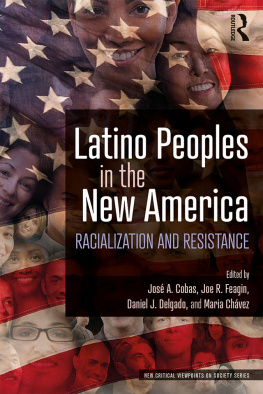
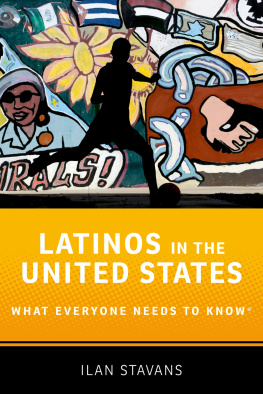
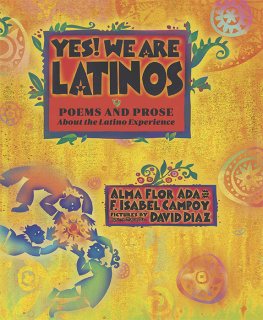
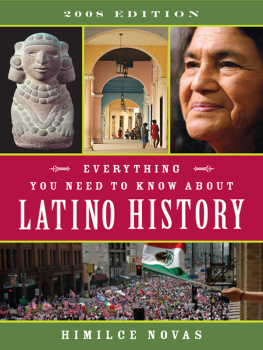

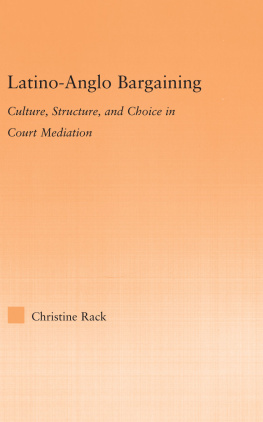


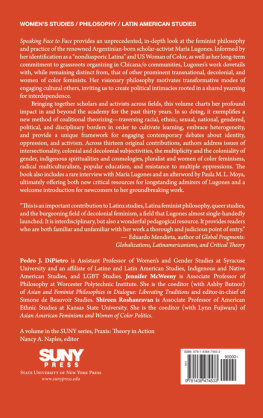
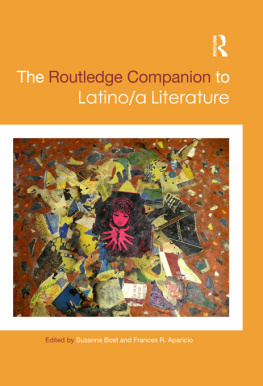


 The paper used in this publication meets the minimum requirements of American National Standard for Information SciencesPermanence of Paper for Printed Library Materials, ANSI/NISO Z39.48-1992.
The paper used in this publication meets the minimum requirements of American National Standard for Information SciencesPermanence of Paper for Printed Library Materials, ANSI/NISO Z39.48-1992.